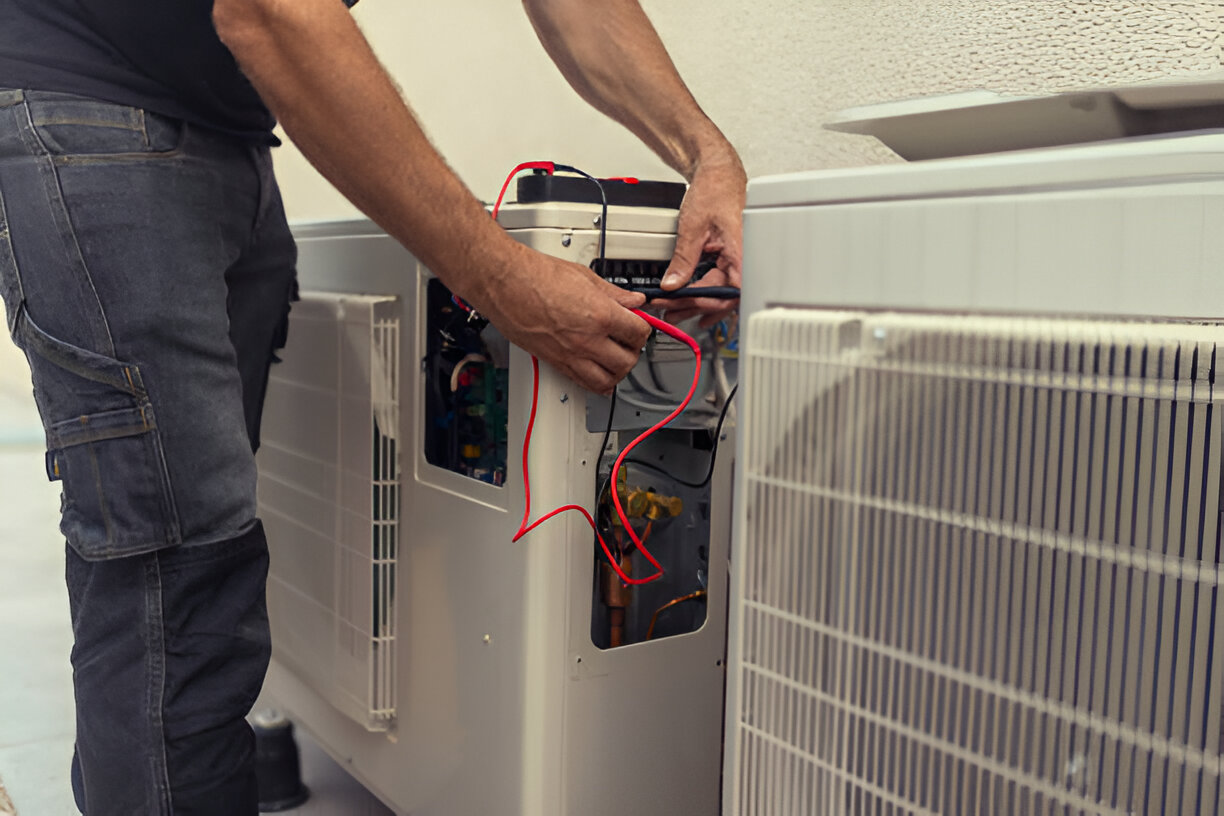
Boiler Services in Buckeye, AZ
A reliable boiler keeps your home or light commercial property comfortable, safe, and efficient through the cooler months. In Buckeye, AZ, where seasonal temperature swings and hard water can accelerate wear, professional Boiler Services in Buckeye, AZ are essential to avoid unexpected downtime, costly repairs, and reduced efficiency. This page explains common boiler problems in Buckeye homes and businesses, the full range of services available, and how to choose and maintain the right boiler for your needs.
Why boilers in Buckeye need specialized attention
Buckeye’s desert climate means long, hot summers and shorter, cooler winters. Although heating demand is lower than in colder regions, boilers are often relied on for radiant floor heating, domestic hot water, and some light commercial processes. Two local factors drive the need for focused boiler care:
- Hard water and mineral buildup — High mineral content causes scale in heat exchangers, reducing efficiency and increasing the risk of overheating and failure.
- Seasonal use patterns — Periodic operation (on/off seasonally) can reveal leaks, faulty controls, and condensation issues if systems aren’t inspected before seasonal use.
Common boiler issues in Buckeye, AZ
Homeowners and small-business operators in Buckeye frequently encounter:
- Reduced heat output or inconsistent heating
- Strange noises (kettling, clanking) from scale, air in the system, or failing pumps
- Frequent cycling or short cycling caused by oversized units or control faults
- Low system pressure or repeating pressure loss from leaks or expansion tank failure
- Ignition problems, flame instability, or venting failures
- Corrosion, leaks, or slow domestic hot water recovery
- Efficiency losses due to dirty burners, clogged burners, or poor combustion settings
Types of boiler services offered
- Installation and system design: Proper sizing (BTU load calculations), venting layout, fuel type selection (natural gas, propane, electric), and integration with radiant systems or indirect water heaters.
- Scheduled maintenance & tune-ups: Seasonal inspections, burner cleaning, combustion analysis, filter and strainer cleaning, and lubrication of moving parts.
- Annual inspections: Safety checks (controls, pressure relief valves, venting), CO testing, leak detection, and performance verification.
- Water treatment and chemistry management: Descaling, corrosion inhibitors, pH balancing, and recommendations for softeners or filtration to protect heat exchangers and piping.
- Efficiency tuning & combustion optimization: Burner adjustments, thermostat calibration, condensate trap servicing, and control upgrades for modulating/condensing units.
- Component replacement & repairs: Pumps, valves, expansion tanks, thermostats, ignition modules, burners, and heat exchanger repairs or replacement.
- Warranty and service agreement guidance: Explanation of coverage options, preventive service schedules, and benefits of regular maintenance contracts.
What to expect during a diagnostic inspection
A thorough diagnostic inspection, tailored for Buckeye boilers, typically includes:
- Visual check for leaks, corrosion, and proper vent termination.
- Combustion and CO testing to confirm safe and efficient burner operation.
- System pressure and expansion tank inspection to ensure proper pressurization.
- Heat exchanger and burner cleaning if needed, plus flue and vent blockage checks.
- Circulator pump performance and valve operation testing to identify flow issues.
- Water chemistry assessment to detect scaling or corrosive conditions.
- Controls and thermostat calibration, plus evaluation of system sizing and control strategy.
Technicians will document findings, prioritized repairs, and options for upgrades such as condensing boilers or smart controls that improve comfort and lower operating costs.
Water treatment and efficiency measures that matter in Buckeye
Because mineral scale is a frequent cause of heat exchanger failure, water treatment is a key part of boiler longevity in Buckeye:
- Descaling and chemical cleaning remove existing scale and restore heat transfer efficiency.
- Corrosion inhibitors and pH control protect metal components and piping.
- Pre-treatment options such as water softeners or filtration reduce future scale buildup.
- Seasonal flushes and inhibitor top-ups are recommended when the system is used intermittently.
Efficiency tuning—combustion adjustment, replacing worn gaskets, and installing modulating controls—can restore lost AFUE and reduce fuel bills even in mild climates.
Replacements and upgrades: when they make sense
Replace rather than repair when:
- The heat exchanger is cracked or leaking (safety and long-term cost concerns).
- Repair costs exceed a significant portion of replacement cost and unit is older than 12–15 years.
- The unit cannot meet modern efficiency expectations or your household/business needs (hot water demand, zoning).
Recommended upgrades for Buckeye properties: - Condensing high-efficiency boilers for maximum fuel savings where venting allows.
- Modulating burners and controls to prevent short cycling and improve comfort.
- Stainless steel or specially coated heat exchangers to resist corrosion from mineral-laden water.
Choosing the right boiler for residential or light commercial needs
Key considerations when selecting a boiler in Buckeye:
- Correct sizing: Oversized units short-cycle; undersized units lack capacity. Always use a professional heat load calculation.
- Fuel availability & costs: Natural gas, propane, or electric choices affect operating costs and equipment options.
- Efficiency (AFUE) and long-term savings: Higher AFUE reduces fuel consumption but must be balanced with upfront cost and payback.
- System configuration: Indirect water heaters, zoning, and integration with existing radiant floors or forced circulation systems.
- Material resilience: Choose components and heat exchangers suited to hard water conditions and local installation constraints.
- Serviceability and warranty: Local support, accessible parts, and clear warranty terms reduce lifecycle risks.
Safety, longevity, and ongoing care
Regular maintenance not only improves efficiency but strengthens safety. Annual inspections detect combustion irregularities and carbon monoxide risks early. Routine water treatment and scheduled tune-ups extend service life, reduce emergency repairs, and protect warranty eligibility. For Buckeye properties, plan a fall inspection before heating demand increases and consider a mid-season check if the system runs intermittently.
Well-maintained boilers deliver reliable heat, steady hot water, and predictable operating costs. With the right selection, proactive water treatment, and seasonal maintenance tailored to Buckeye’s conditions, your boiler can perform efficiently and safely for many years.




_11zon%20(1).webp)


